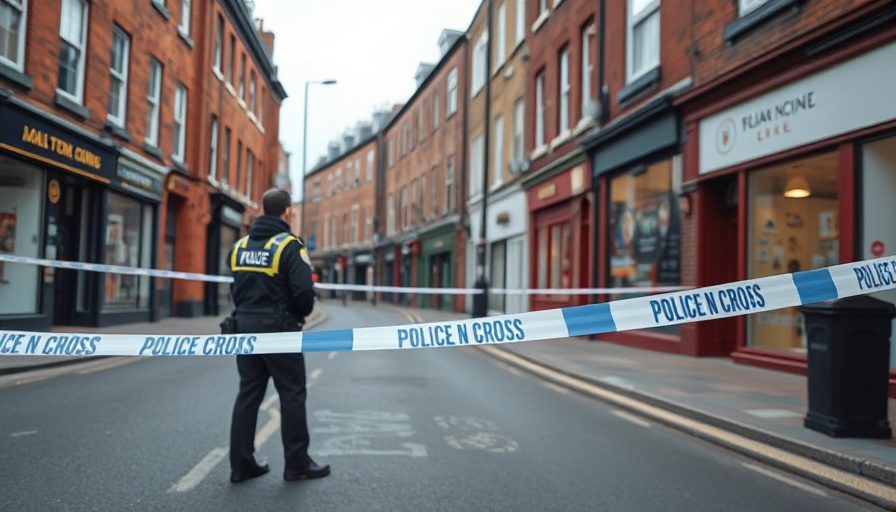
The unsettling release of Christian Brückner
Christian Brückner, the primary suspect in the infamous disappearance of Madeleine McCann, is set to be released from prison by September 17th. This news comes as a troubling shock to many, especially as Brückner is currently serving time for a separate rape conviction. While authorities stress that he has never been charged in connection with Madeleine’s case, they acknowledge that his potential for danger remains elevated. What does this mean for a case that has captivated the public for over a decade?
A brief recap of Madeleine's disappearance
On May 3, 2007, three-year-old Madeleine McCann went missing from her family's holiday apartment in Praia da Luz, Portugal. Her parents were dining nearby, periodically checking on their children, only to return and discover Madeleine was no longer there. This shocking event launched a massive search across Europe and countless media hours, but despite significant attention and investigative effort, Madeleine’s fate remains uncertain.
Brückner: The lone suspect in a complex case
German prosecutors have labeled Brückner as the only suspect with evidence tying him to the case despite the absence of formal charges. Hans Christian Wolters, the lead prosecutor, makes it clear: “Brückner is not just our number one suspect; he’s the only suspect.” His involvement, while heavily speculated, cannot be substantiated by ample evidence. Thus, he walks free, much to the dismay of many who fear for public safety.
Why Brückner’s release raises alarms
Brückner has long been regarded as a potential threat. Reports indicate that an expert assessment has declared him a danger to society, suggesting a possibility of future crimes. The German prosecutor warns that, "You have to expect him to commit further crimes." His track record, combined with uncertainty over the McCann case, creates a perfect storm of fear and frustration. How can someone so potentially dangerous be set loose?
Legal challenges and gaps in evidence
Legal frameworks in Germany and the UK appear at odds in handling this complicated case. German authorities are treating Brückner as a murder suspect concerning Madeleine's disappearance, while Britain's approach still views it as a missing persons case without sufficient evidence for prosecution. Broader implications arise from this divergence—how do differing legal systems impact justice for victims like Madeleine?
The road ahead: What’s being done to find Madeleine?
Despite the disappointment surrounding Brückner's impending release, both German and British authorities express their determination to continue the investigation. New evidence has allegedly surfaced indicating Brückner’s proximity to Praia da Luz around the time of her disappearance. But with a lack of strong enough evidence for immediate charges, frustrations grow. What must happen next to finally offer answers to the McCann family?
Community impact: How Leicestershire feels about these developments
For many residents of Leicestershire—and indeed throughout the UK—the news of Brückner's release strikes a personal chord. In a community still haunted by the unresolved tragedy of Madeleine’s case, individuals are understandably anxious about the implications. How do we respond to such situations? What steps can community members take to ensure safety while advocating for investigative justice?
Final thoughts: A case that refuses to fade away
The Madeleine McCann case is not merely a tragedy; it is a haunting mystery that raises questions about legal efficacy, public safety, and justice for victims. Brückner's release reminds us that even after years of relentless searching, challenges remain in seeking truth and closure. And for those connected to this poignant story, the echoes of unanswered questions still resound loudly.
Stay informed about local updates and investigations by following the ongoing discussions and advocacy efforts within the community.
 Add Row
Add Row  Add
Add 




Write A Comment